Call for
Replication Projects
The Replication Call is now closed. Thank you for your active participation. We are currently reviewing the applications.
Does your region face similar environmental challenges to EUROLakes’ demonstration sites?
Are you eager to protect and revitalize natural lake ecosystems in Europe?
If yes, then this is your chance to get involved in a transformative initiative supported by the Horizon Europe Programme of the European Union.
Important Call
Information
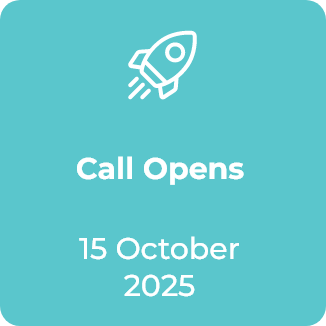
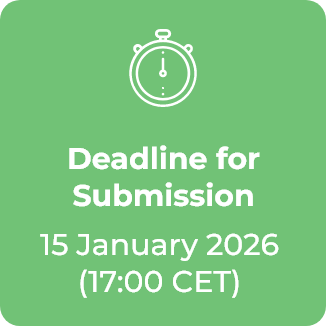




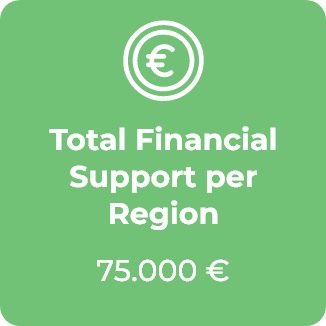

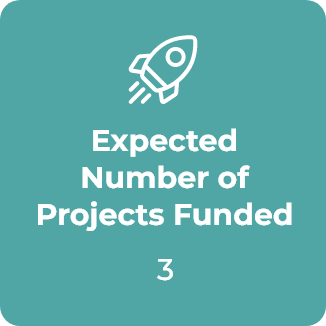
Selected regions will co-develop and implement tailored lake restoration plans based on the 4 Returns Framework methodology, using innovative, science-based tools, while receiving hands-on support and mentorship from EUROLakes experts and demonstration sites.
Who can apply?
The call is open to local and regional authorities (municipalities, conservation agencies, regional governments) from:
EU Member States with the exception of the countries already represented by the EUROLakes Consortium (in yellow below) and Horizon Europe Associated Countries
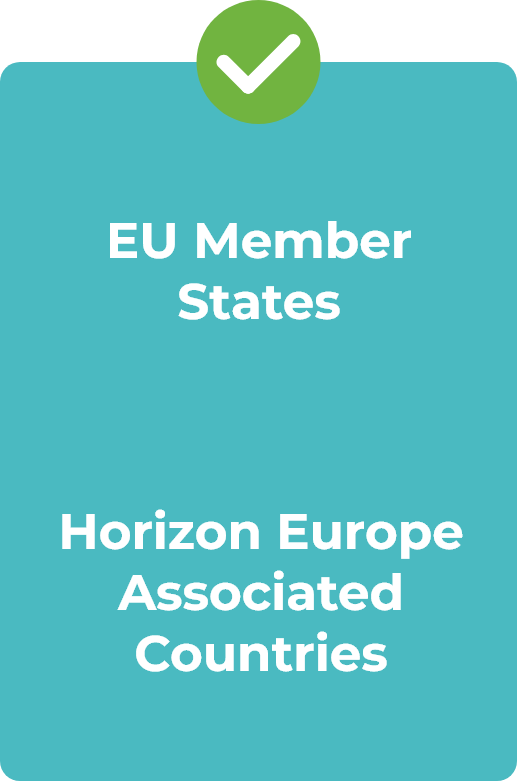

Mandatory requirements:

Within the applicants’ responsibilities are the overseeing, managing or protecting of natural lakes and their surrounding catchment areas

Applicants must be located in an “Associated Region” facing similar challenges to EUROLakes’ demo sites

Applicants must not have received funding under the same Horizon Europe topic
Applications can be submitted by a single eligible authority or as part of a local partnership. Other entities (e.g., NGOs, universities) may join as subcontractors, but only local and regional authorities can be the Lead Applicant.
More details about the EUROLakes Call can be found in the Call Guidelines for Applicants.
Applicants are strongly encouraged to carefully read this document before preparing their application.
Submission and
evaluation
How to Apply:

Download and fill in the Application Form. It is accessible from “Call Documents” below


Deadline for submission:
15 January 2026 at 17:00 CET
Evaluation Process:
All submissions will undergo a multi-stage evaluation process:
1. Eligibility screening – ensures applicants meet basic eligibility criteria
2. Review – based on four criteria:
Relevance (25%) – Assesses how well the proposal aligns with EUROLakes’ objectives, the 4 Returns methodology, the local lake context, and key EU policy goals such as the Green Deal and the Water Framework Directive.
Impact (25%) – Evaluates the expected environmental, social and economic benefits, the potential to achieve the 4 Returns, scalability of results, and contribution to better governance and stakeholder engagement.
Quality (25%) – Examines the coherence, technical soundness and cost-effectiveness of the proposal, including clear milestones, realistic budgeting, and effective risk management.
Implementation (25%) – Reviews the applicant’s experience, capacity and readiness to deliver, monitor and report high-quality results in line with Horizon Europe standards while engaging local stakeholders.
3. Interviews – top 6-7 applicants will be invited to present their proposals
3. Final selection – top 3 proposals enter the funding phase







